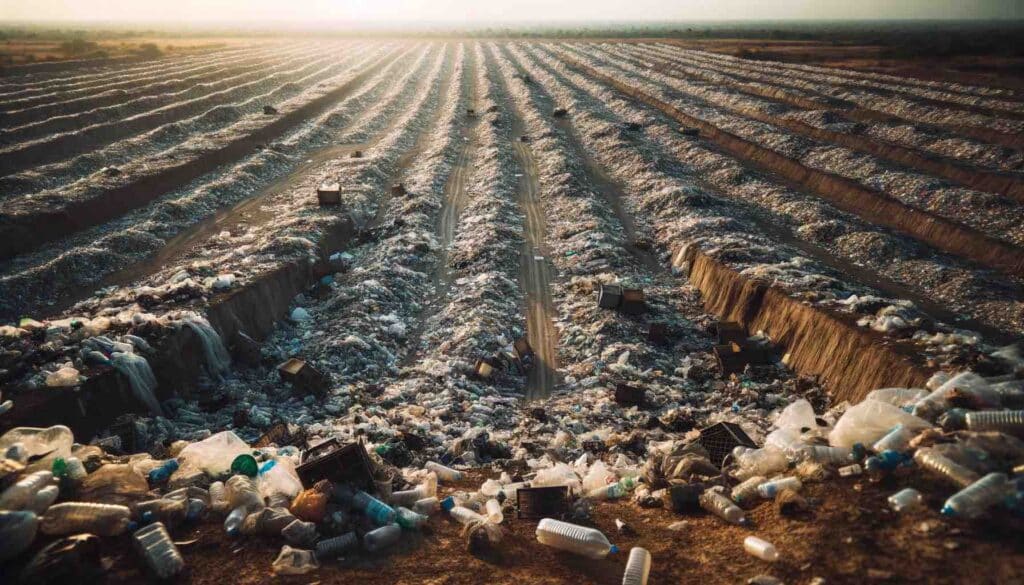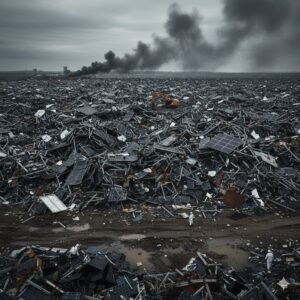A study published in the journal Science Advances revealed that just five companies are responsible for 24% of all plastic waste worldwide. The Moore Institute for Plastic Pollution Research in California conducted the investigation, analysing plastic waste collected from 2018 to 2022.
Among the more than 1.8 million pieces of waste gathered, over 900,000 had visible labelling, allowing experts to pinpoint that less than 60 companies are the main sources of global plastic waste. Coca-Cola, the largest contributor, was responsible for 11% of the total branded plastic pollution, followed by PepsiCo, Nestlé, Danone, and Altria.
Despite corporate claims of prioritising recycling, the escalating pollution levels suggest a discrepancy between their statements and reality, raising questions about the recyclability of plastics compared to materials such as glass and aluminium.
Today’s Focus of Attention is reader-supported. We sometimes include products we think are useful for our readers. If you buy through links on this page, we may earn a small commission.
The Fraud of Plastic Recycling
In February of this year, the Centre for Climate Integrity released a report indicating that plastic producers have misrepresented recycling as a viable environmental solution for decades, despite knowing its feasibility limitations.
The Environmental Protection Agency has recognised this issue for over 30 years.
Over 99% of plastics, made from fossil fuels, cannot be effectively recycled due to their chemical additives or colourings.
Consequently, most plastic waste ends up being burnt—releasing toxins into the air—floating in the oceans, harming marine life, or accumulating in landfills, where it breaks down into increasingly smaller fragments over time.
Plastics do not biodegrade. Instead, they fragment into micro- and nanoscale particles that can infiltrate nearly any organism, including us, even at the cellular level.
Official Data

However, the damage caused by plastics extends beyond waste issues.
According to scientists at the Lawrence Berkeley National Laboratory, the plastics industry emits up to four times the greenhouse gases of the aviation industry, with total emissions equivalent to 600 coal-fired power plants—three times the number currently operational in the U.S.
Research by the federal government reveals that over 75% of this discharge occurs in the early stages of plastic production: during oil extraction, refinement, and conversion into monomers, the building blocks of polymers.
While it is easy to blame plastics producers, we must also acknowledge our role in this environmental crisis. Ultimately, our consumption habits drive the demand for single-use plastic products, from straws and bottles used just once to the packaging discarded after a party.
While government regulation is crucial, the responsibility does not lie with policymakers alone. By reducing our plastic use, we compel companies to adjust production, thereby mitigating the environmental impact.


